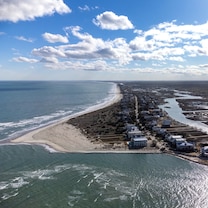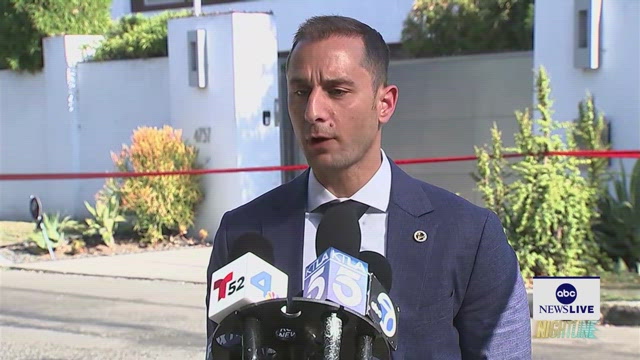Two Years Later: Katrina's Economic Impact
The nation has recovered, but New Orleans and the region still suffer.
Aug. 28, 2007 — -- When the storm made landfall in Louisiana and Mississippi on Aug. 29, 2005, no one knew how vast the devastation would be.
The near total loss of New Orleans and the counties surrounding the grand Creole city was not a regional tragedy, it was a national one, with long-term economic costs to every American.
In the weeks after Hurricane Katrina, oil and gasoline prices spiked, as nearly a third of the nation's refineries and the entire domestic oil production of the Gulf of Mexico were shut down.
Retail gas prices rocketed up 46 cents in a single week to a new nominal record high. Almost immediately, the American consumer started cutting back. Economists say that the storm likely took a full percentage point out of the U.S. gross domestic product in the quarter immediately after the storm.
But nationally, the American economy recovered fairly quickly. The oil infrastructure was back up and running at near pre-Katrina levels in months and retail gas prices dropped to their pre-storm level by the end of October.
"The U.S. economy rebounded from Katrina, although the region hit by the storm has not, demonstrating, once again, how amazingly resilient our economy can be," Dan Laufenberg, chief economist at Ameriprise Financial, told ABC News on the first anniversary of the storm.
In the region directly affected by the storm, thousands lost their jobs and were forced to move to other cities.
Insured losses in Louisiana, Mississippi and Alabama — directly attributable to Katrina — totaled more than $40 billion, according to the Insurance Information Institute. That was nearly double the amount of damage caused by the previous record holder, Hurricane Andrew, in 1992. Andrew left a wake of destruction in south Florida that totaled more than $21 billion in insured losses in today's dollars.









